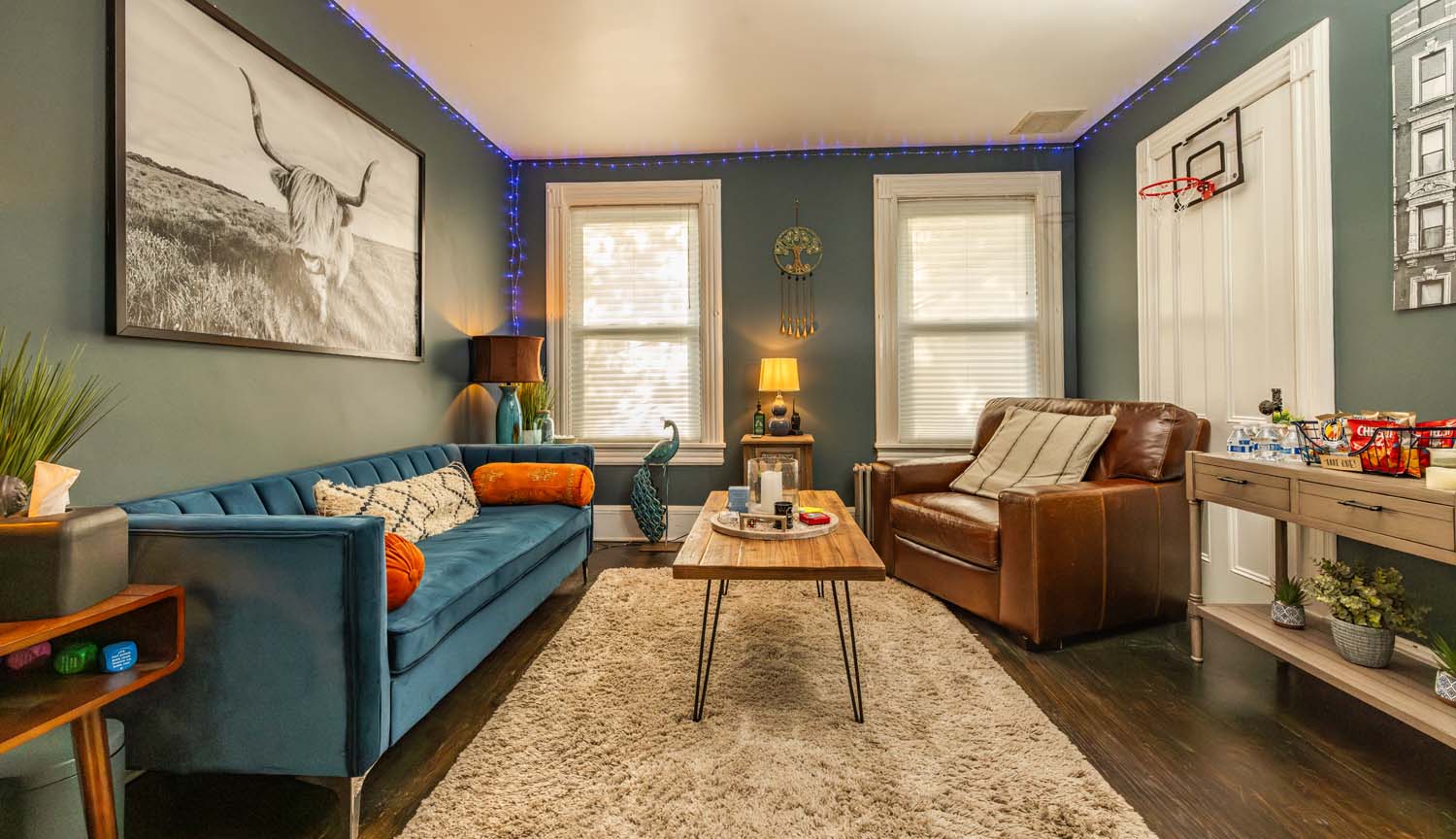You’re taking your first steps into a larger world
It was only a few weeks ago life may have made more sense. You knew your place in the world, you knew what to do on weekends, after school or work and where to find your friends. Sure, high school likely had its ups and downs but you probably knew what to expect from that and ultimately where you could land, could find support and recharge if needed. But this is different. Exciting surely, but different. This article therefore is for those graduated seniors who are leaving all things familiar behind, perhaps leaving home, friends and relationships and possibly even the state, to forge ahead with college and all the excitement and uncertainty that can bring.
If going away to school brings a sense of uncertainty and anxiety, you’re not alone. Approximately 70% of college freshman experience feelings of being homesick and the difficulty of transitioning into a new environment (https://www.ncbi.nlm.nih.gov/pmc/articles/PMC5280212/). Along with this can come feelings of anxiety, depression, insomnia and increased substance use. For those students who have a history of mental health concerns already, there may be an increased risk of experiencing a relapse when the academic stress and uncertainty of living on campus ramps up in that first semester.
So what can an incoming freshman do to help make this transition easier? Well here’s some simple but straight forward Do’s and Dont’s from a licensed therapist who not only has been there, but has worked with teens and young adults going through this very experience.
DONT’s
- Isolate: It may feel easy to want to stay in your dorm room or apartment until you feel you have adjusted. However, this will likely cause your anxiety to worsen. You may begin to miss classes, deadlines and feel disconnected from those around you.
- Avoid discomfort: Lean into that discomfort. If your naturally introverted or shy, go to campus activities. Try to meet a new person in your class or dorm by simply saying hello or striking up a conversation about a common interest or experience. Ask a stranger about themselves. Go to the party, study group etc. Just basically, do the uncomfortable thing.
- Neglect your health: If you are self medicating with marijuana or alcohol, this is a problem. While it may make you feel better for a short time, ultimately your probably going to feel more depressed, anxious and alone. This can also lead to unhealthy eating behaviors that can affect your overall sense of wellbeing and confidence. Be aware of the trap that even if you are socializing and partying, excessive substance use will hinder your ability to feel comfortable in more natural social settings and can lead to a substance abuse disorder in short time.
Do’s
- Find your tribe: What are your interests? What do enjoy..sports? Video Games? Working out? Chemistry? Whatever your thing is, college likely has tribe for you. Find them through talking to your resident advisor, college resource center or just through some daily adventures (remember you have to lean into the discomfort of doing new things). Finding your “tribe” will help you feel less alone and looking in that rear view mirror of the past instead building a new life on campus.
- Start creating: Think about your ideal version of yourself What are they doing? How do they look, feel and interact with others? How do they dress? What do others think about them? College can be an opportunity to hit the reset button and create a version of yourself that you may not have been able to do in the past while living at home. Start with the end in mind and create who you want to be.
- Grieve your losses while your getting uncomfortable: So here I am really just suggesting you stay out of that review mirror. It is normal to mourn losses of the past, reminisce about your friends, home, parents and all the things that previously brought you comfort. Its okay to reach out to them and keep in contact. However don’t get stuck in memory lane. Getting stuck here can make those feelings of homesickness worse. When you’re building something new, your less likely to feel like your lost and alone. So take a glimpse now and then of the people and things that you left behind but do so while your blazing a path forward into something new.
- If things get too difficult: Reach out for help. As a part of your tuition, campus should provide supportive and mental health counseling on campus. Its private, confidential and there just for you. The hardest part is usually reaching but if you’re considering doing so, its probably because the things you’ve tried up to this point haven’t worked. So like Ive been saying, do something different and ask for help to get that momentum.
Remember College can be intimating. Its big, has a ton of choices, involves a lot of responsibility and is full of new people. However, college is exciting and life changing when you allow yourself to truly be open to whatever comes. As a newbie to university life, remember that your are not alone! Everyone in your class is from somewhere else, has a story and is missing someone or something too. Embrace that initial discomfort and with the above suggestions, theres a better than good chance you’ll be on your way before you can say Thanksgiving break.
